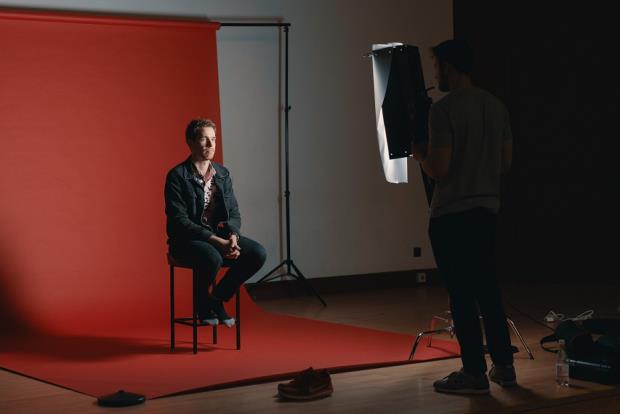How to ace your interview with the STAR interview response technique
Thursday, February 14, 2019

Do you find it hard to give concise answers to interview questions? Are you unsure how to explain your achievements during an interview without sounding arrogant? The STAR interview response technique can help.
STAR stands for Situation, Task, Action, Result. Using this strategy is particularly helpful in response to competency-focused questions, which aim to find out how you have performed in the past and how you have handled certain work situations. Since past performance can be a good prediction of the future, these questions give you with the opportunity to provide concrete examples and proof that you possess the skills and experiences required for the job. Examples of competency-based interview questions include:
Tell me about a time you had to complete a task under a tight deadline.
Have you ever gone above and beyond the call of duty?
Explain a situation where you used data or logic to make a recommendation.
Tell me about a time you worked with other departments to complete a project.
A STAR story should be delivered with energy and enthusiasm about a real experience you have had (it does not have to be a work experience, as long as it describes a relevant skill or behaviour). The four key concepts are:
Situation – set the stage for the story by sharing context around the challenge you faced.
For example, “
In my previous digital marketing role, my company made the decision to focus primarily on email marketing and was looking to increase their list of email subscribers aggressively.”
Task – describe your responsibility or role in the situation. For example, “
As the email marketing manager, my target was to increase our email list by at least 50% in just one quarter.”
Activity – explain how you handled the situation or overcame the challenge. For example, “
I started by going back through our old blog posts and adding in content upgrades that incentivized email subscriptions—which immediately gave our list a boost. Next, I worked with the rest of the marketing team to plan and host a webinar that required an email address to register, which directed more interested users into our list.”
Result – what was the outcome you reached through your actions? If possible, quantify your success or provide examples of the effects of your efforts. For example, “
As a result of those additions to our email strategy, I was able to increase our subscriber list from 25,000 subscribers to 40,000 subscribers in three months—which exceeded our goal by 20%.”
How to Prepare for an Interview Using STAR
Since you won’t know in advance what questions your interviewer will ask, you’ll benefit from preparing several scenarios from the jobs you’ve previously held.
- First, make a list of the skills and/or experiences that are required for the job. You might look at the job listing for suggestions and match your qualifications to those listed in the posting. Then, consider specific examples of times that you displayed those skills. For each example, name the situation, task, action, and result.
- Whatever examples you select, make sure they are as closely related to the job you’re interviewing for as possible.
- You can also try answering each of the common competency-based interview questions above using the STAR technique.
- It’s a good idea to practice your STAR responses with a friend or colleague and ask for feedback, someone who isn’t familiar with the situations you’re talking about.